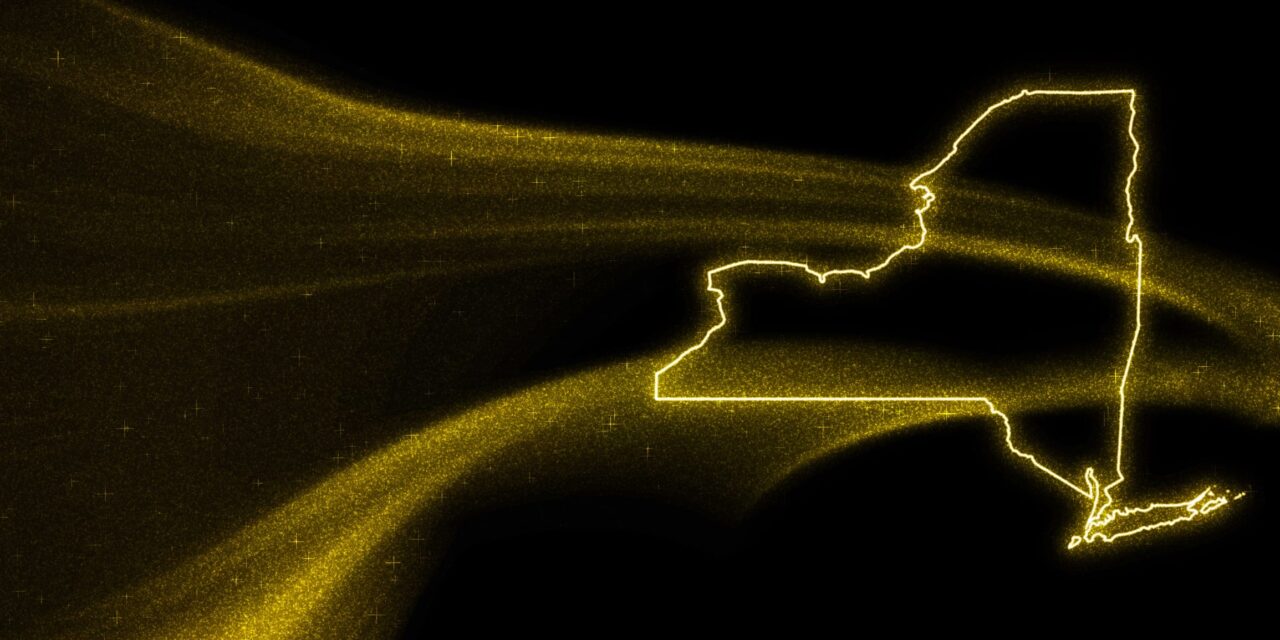The blood-based screening test can detect more than 200 types of solid tumor cancers and is now available in all 48 continental states.
Cancer Check Labs has expanded availability of its multi-cancer early detection blood test to New York, completing the company’s rollout across all 48 continental US states.
The Cancer Check test screens for more than 200 types of solid tumor cancers using a blood draw that identifies circulating tumor cells (CTCs). The test has detected cancer as early as Stage 0, when survival rates reach 99%, according to the Dallas-based company.
“We are excited to continue our expansion across America by adding New York,” says Sumit Rai, chief executive officer, chairman and founder of Cancer Check Labs, in a release. “Early cancer detection saves lives, and our expansion into New York represents not only our commitment to this state but also a key step toward making cancer screening a standard part of our healthcare system.”
The American Cancer Society estimates that more than 618,000 people will die from cancer in 2025, making it the second leading cause of death in the US. Early detection improves survival rates and treatment outcomes by allowing for timely intervention.
Technology and Laboratory Credentials
Cancer Check’s technology works by physically extracting whole, intact circulating tumor cells from blood samples. Because circulating tumor cells have been detected in blood samples as early as Stage 0, the company positions its test as among the earliest cancer detection methods available.
Cancer Check Labs’ clinical laboratory holds a Federal Certificate of Compliance and Federal Certificate of Registration under the Clinical Laboratory Improvement Amendments of 1988, which is regulated by the Centers for Medicare and Medicaid Services.
The Cancer Check test has not been cleared or approved by the Food and Drug Administration. The company emphasizes that the test is not intended to replace established evidence-based screening, diagnostic, and medical guidelines for cancer detection, and like all medical tests, has limitations that may prevent it from detecting all cancers.
The test requires interpretation by healthcare professionals and should not substitute for professional medical advice, diagnosis or treatment, according to the company’s safety information.
ID 211801775 © Allexxandar | Dreamstime.com



